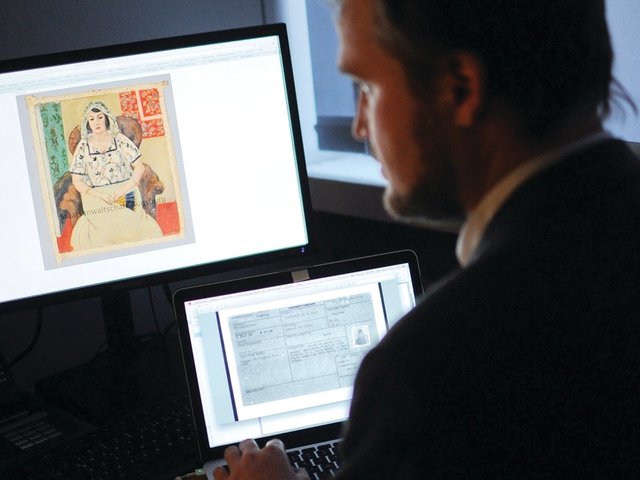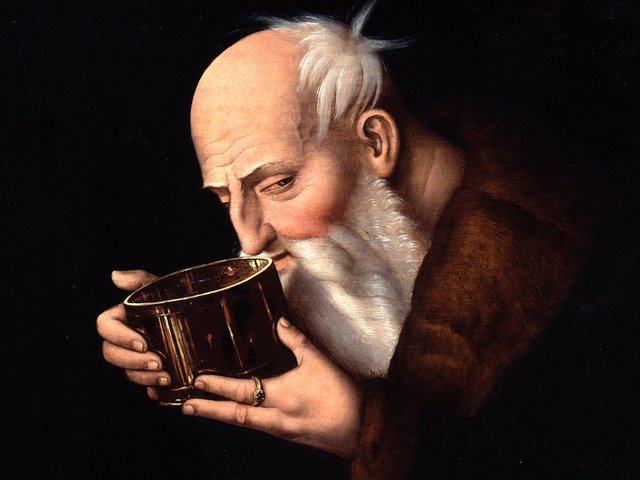The German government says it will fund research into the Nazis’ campaign against so-called “degenerate art” at Berlin’s Free University (Freie Universität) in 2017 after a private foundation withdrew funding.
The “degenerate art” unit at the Free University investigates the Nazis’ campaign against art they considered corrupt and linked with mental illness, Bolshevism, Jews and threats to the health of “the [German] race”. The campaign culminated in Joseph Goebbels’s order for the seizure of more than 20,000 works from German museums in 1937, including works by Paul Klee, Wassily Kandinsky, Ernst Ludwig Kirchner, Max Beckmann, Pablo Picasso and Paul Cézanne.
Most were sold for hard currency by four dealers handpicked by Goebbels’s propaganda ministry. One of the four was Hildebrand Gurlitt, whose private collection leapt to notoriety in 2013 after it was discovered in the Munich apartment of his son, Cornelius.
The German culture minister Monika Grütters says, “The Gurlitt case showed us how important research into this bitter chapter of Nazi art policy remains.”
The Berlin research unit, initiated in 2003 by the Ferdinand Möller Foundation, set up a database to record confiscated works and their current location. It also publishes research about the Nazis’ campaign against Modern art and the infamous “degenerate art” exhibition staged in Munich in 1937.
The German government stepped in with emergency funding this year after the Ferdinand Möller Foundation withdrew its support in 2015. Grütters says the government will continue to finance the research unit in 2018 on condition that Berlin regional authorities also contribute.



